Search
Search Results
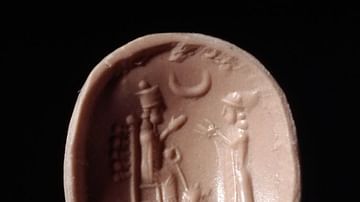
Definition
Gula
Gula (also known as Ninkarrak) is the Sumerian goddess of healing and patroness of doctors, healing arts, and medical practices. She is first attested to in the Ur III Period (2047-1750 BCE) where she is referenced as a great goddess of health...

Video
Hygeia, Asclepius, and the Ancient Greek Deities of Healing
Apollo, although the god of medicine, wasn't the only deity in Greek mythology associated with healing, with many different deities in Ancient Greece including Hygeia and Asclepius, having responsibilities in the realms of healing, medicine...

Book Review
Healing with Poisons: Potent Medicines in Medieval China
Healing with Poisons: Potent Medicines in Medieval China is a groundbreaking work delving into the realm of du, meaning toxic or poison, within Chinese pharmacy. Taking readers to China during the 3rd to 10th centuries, a crucial period for...

Video
Ancient Medicine, Healing and Physicians in Antiquity
Medicine in the ancient world was often combined with what we would consider magic, especially in Ancient Mesopotamia and Egypt. In Mesopotamia, the goddess Gula who is also known as Ninkarrak and Ninisinna presided over health and healing...
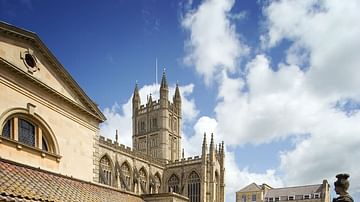
Article
The Roman Baths in Bath- A Deep Dive into Britain’s Ancient History
Bath, the famous spa town in Somerset England, has attracted people from near and far for centuries to its healing springs and baths. Today the city is known for its beautiful Georgian architecture and as the destination for the wealthy elite...
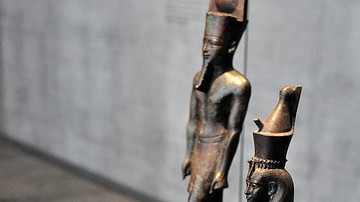
Article
Egyptian Gods - The Complete List
The gods and goddesses of Ancient Egypt were an integral part of the people's everyday lives for over 3,000 years. There were over 2,000 deities in the Egyptian pantheon, many whose names are well known - Isis, Osiris, Horus, Amun, Ra, Hathor...
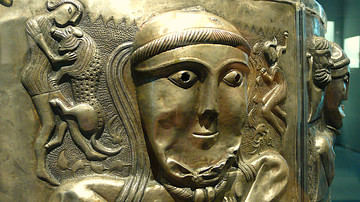
Article
The Ancient Celtic Pantheon
The ancient Celtic pantheon consisted of over 400 gods and goddesses who represented everything from rivers to warfare. With perhaps the exception of Lugh, the Celtic gods were not universally worshipped across Iron Age Europe but were very...
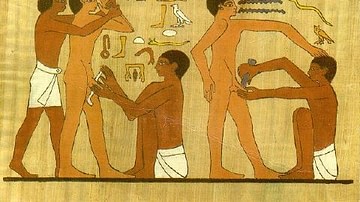
Definition
Egyptian Medicine
Medical practice in ancient Egypt was so advanced that many of their observations, policies, and commonplace procedures would not be surpassed in the west for centuries after the fall of Rome and their practices would inform both Greek and...
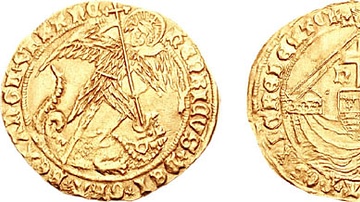
Definition
King's Evil
The king’s evil (from the Latin morbus regius meaning royal sickness), more commonly known as scrofula or medically tuberculous lymphadenitis, was a skin disease believed to be cured by the touch of the monarch as part of their inherited...
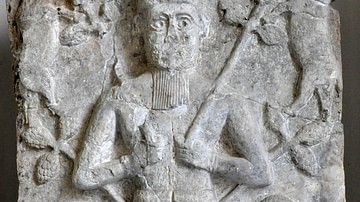
Article
The Mesopotamian Pantheon
The gods of the Mesopotamian region were not uniform in name, power, provenance or status in the hierarchy. Mesopotamian culture varied from region to region and, because of this, Marduk should not be regarded as King of the Gods in the same...